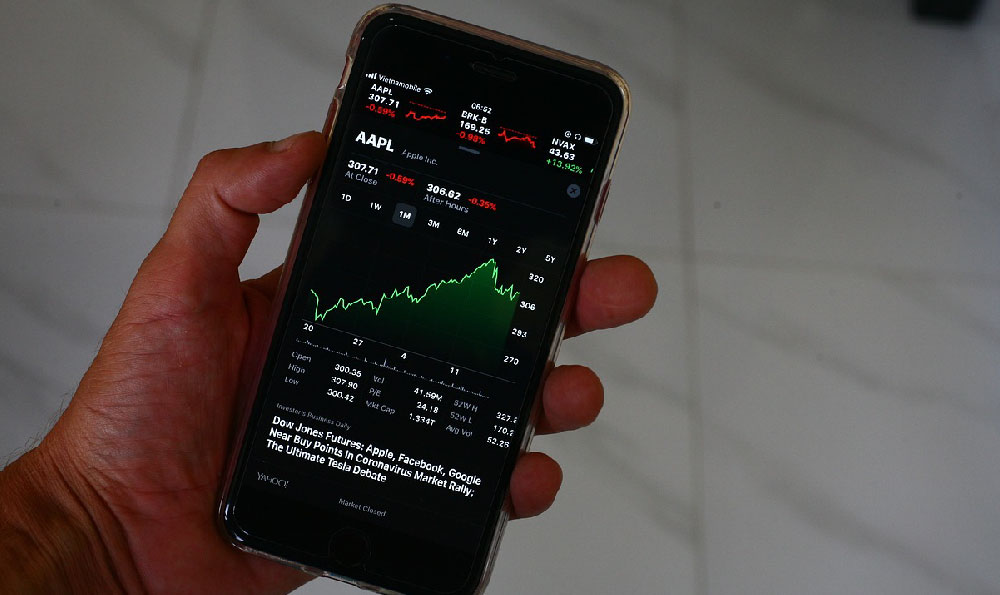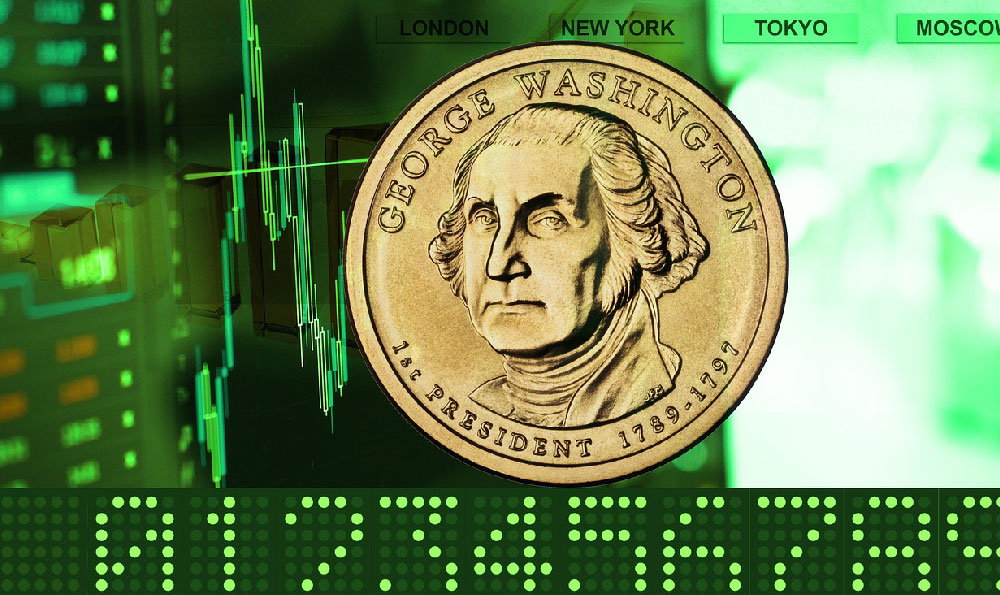Okay, let's delve into the high-stakes world of "making money in Vegas" through the lens of a seasoned investor, applying principles of risk assessment, strategic allocation, and disciplined execution – all while acknowledging the house always has an edge. While Vegas might seem a far cry from the world of cryptocurrency, the core principles of managing risk and identifying opportunities apply equally. So, let's reframe the question: "How to consistently profit in a highly volatile, inherently risky environment, analogous to Vegas."
The first thing to acknowledge is the statistical reality: Vegas is designed to win. The odds are stacked in favor of the house. Thinking you can consistently beat the system through sheer luck is a fool's errand. Just as hoping to strike it rich on a meme coin based solely on hype is a recipe for disaster. The only sustainable strategy involves understanding the underlying probabilities, managing your risk exposure meticulously, and exploiting any edges, however small, that you can identify.
Let's translate this into actionable strategies. Imagine "investing" in a Vegas game as analogous to buying a cryptocurrency. Craps, for example, has bets with varying odds. A pass line bet, with roughly a 49% chance of winning, is akin to investing in a well-established cryptocurrency like Bitcoin or Ethereum. The odds are relatively favorable, but the potential upside is also limited. On the other hand, placing a hard ways bet, with significantly lower odds of winning, is like investing in a small-cap altcoin with the potential for exponential growth but also a high risk of complete failure.

The crucial point is allocation. Would you put your entire life savings on a hard ways bet? Absolutely not. Similarly, you wouldn't allocate your entire portfolio to a single, highly speculative altcoin. A sound strategy involves diversifying your bets, or in the crypto world, your portfolio. Allocate the majority of your capital to assets with proven track records and lower volatility (the "pass line" bets of the crypto world), and then allocate a smaller portion to higher-risk, higher-reward opportunities. This approach allows you to capitalize on potential upside while mitigating the risk of catastrophic losses.
Furthermore, understanding the game is paramount. In Vegas, this means learning the rules, understanding the odds of each bet, and being aware of the house edge. In crypto, this means understanding the underlying technology of the blockchain, researching the fundamentals of the project behind the coin, and analyzing market trends. Don't invest in something you don't understand. Many fall for the allure of quick riches in the crypto sphere without understanding how it works, and end up losing a fortune. Thorough research, often called "Due Diligence", is non-negotiable.
Another critical aspect is discipline. Vegas is designed to prey on emotions. The flashing lights, the free drinks, the thrill of the win – all are designed to cloud your judgment and encourage you to bet more than you can afford. Crypto markets are even more susceptible to emotional manipulation. Fear, greed, and hype can drive prices to irrational levels. Develop a pre-defined investment strategy and stick to it, regardless of market fluctuations. Set clear profit targets and stop-loss orders. Avoid chasing losses. Emotional trading is a surefire way to lose money. In Vegas, and in crypto, discipline is the ultimate weapon.
Risk management is a constant process, not a one-time decision. This involves constantly monitoring your portfolio, rebalancing your allocations as needed, and adjusting your strategy based on market conditions. In Vegas, this means knowing when to walk away. In crypto, it means knowing when to sell. Don't get emotionally attached to your investments. If the fundamentals of a project change, or if the market trends turn against you, be prepared to cut your losses.
Furthermore, consider the tax implications. Winnings in Vegas are taxable income, and so are profits from cryptocurrency investments. Keep accurate records of all your transactions and consult with a tax professional to ensure that you are complying with all applicable tax laws. Failing to do so can lead to significant penalties.
Finally, recognize the limits of your knowledge. No one can predict the future with certainty, in Vegas or in crypto. Be wary of anyone who claims to have a foolproof system for making money. The market is constantly evolving, and what works today may not work tomorrow. Continuously learn and adapt to stay ahead of the curve.
Ultimately, "making money in Vegas," or more realistically, "making money consistently in volatile markets" is not about getting rich quick. It's about understanding the underlying principles of risk management, developing a disciplined investment strategy, and executing that strategy with precision. It requires a long-term perspective, a willingness to learn, and the ability to control your emotions. Treat it like a business, not a gamble, and you'll have a much better chance of success. And remember, even with the best strategy, losses are inevitable. The key is to manage those losses so that they don't derail your overall financial goals.












